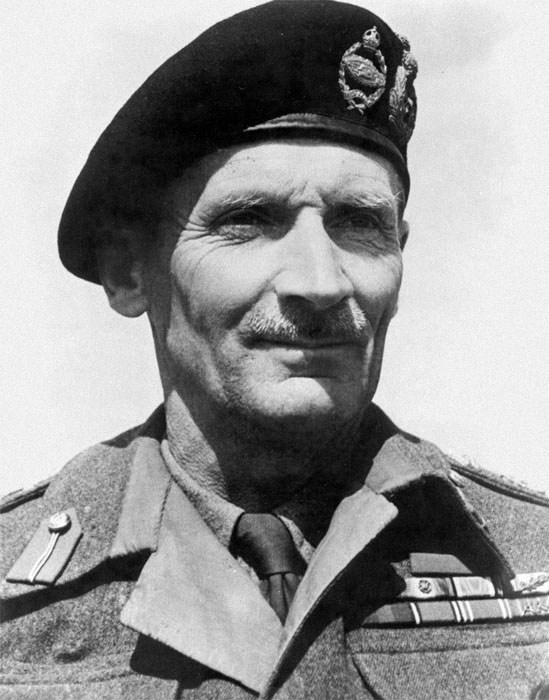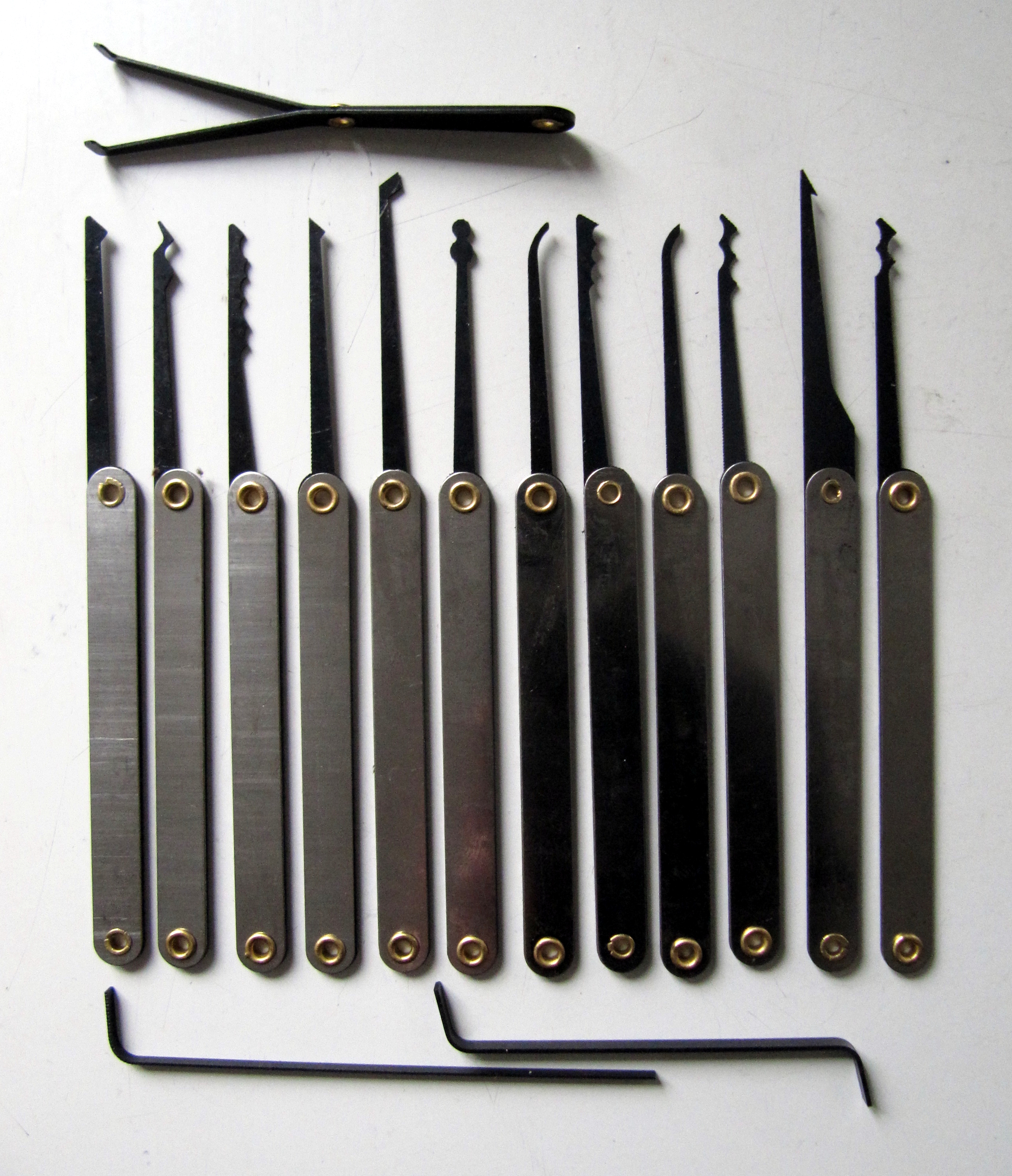|
Louis Lépine
Louis Jean-Baptiste Lépine (6 August 1846 – 9 November 1933) was a French lawyer, politician and administrator who was Governor General of Algeria and twice Préfet de Police with the Paris Police Prefecture from 1893 to 1897 and again from 1899 to 1913. On each occasion he assumed office during a period of instability in the governance of the French state seen by his supporters as a man who could bring order. He earned the nickname of "The Little Man with the Big Stick" for his methodology in handling large Parisian crowds. During his periods as Préfet de police he instigated a series of reforms that modernised the French Police Force .Jean-Marc Berlière, ''Le préfet Lépine: vers la naissance de la police moderne'', Paris, 1993. (French) An efficient and clear-sighted administrator he introduced scientific analysis into policing with reforms in forensic science and the training of detectives. Lépine was also responsible for convening and re-invigorating the Exposition U ... [...More Info...] [...Related Items...] OR: [Wikipedia] [Google] [Baidu] |
Prefecture Of Police
In France, a Prefecture of Police (french: Préfecture de police), headed by the Prefect of Police (''Préfet de police''), is an agency of the Government of France under the administration of the Ministry of the Interior. Part of the National Police, it provides a police force for an area limited by department borders. As of 2012, two such prefectures exist: , 6 September 2012 (in French). * The , created in 1800. * The |
Médaille Militaire
The ''Médaille militaire'' ( en, Military Medal) is a military decoration of the French Republic for other ranks for meritorious service and acts of bravery in action against an enemy force. It is the third highest award of the French Republic, after the Légion d'honneur, a civil and military order, and the ordre de la Libération, a Second World War-only order. The ''Médaille militaire'' is therefore the most senior entirely military active French decoration. During World War I, 230,000 ''médailles'' were awarded, when 1,400,000 French Army soldiers were killed and 3,000,000 wounded. For comparison, the UK |
Dreyfus Affair
The Dreyfus affair (french: affaire Dreyfus, ) was a political scandal that divided the French Third Republic from 1894 until its resolution in 1906. "L'Affaire", as it is known in French, has come to symbolise modern injustice in the Francophone world, and it remains one of the most notable examples of a complex miscarriage of justice and antisemitism. The role played by the press and public opinion proved influential in the conflict. The scandal began in December 1894 when Captain Alfred Dreyfus was convicted of treason. Dreyfus was a 35-year-old Alsatian French artillery officer of Jewish descent. He was falsely convicted and sentenced to life imprisonment for communicating French military secrets to the German Embassy in Paris, and was imprisoned on Devil's Island in French Guiana, where he spent nearly five years. In 1896, evidence came to light—primarily through an investigation made by Georges Picquart, head of counter-espionage—which identified the real culprit ... [...More Info...] [...Related Items...] OR: [Wikipedia] [Google] [Baidu] |
Jules Cambon
Jules-Martin Cambon (5 April 1845 – 19 September 1935) was a French diplomat and brother to Paul Cambon. As the ambassador to Germany (1907–1914) he worked hard to secure a friendly détente. He was frustrated by French leaders such as Raymond Poincaré, who decided Berlin was trying to weaken the Triple Entente of France, Russia and Britain, and was not sincere in seeking peace. The French consensus was that war was inevitable. Biography Cambon began his career as a lawyer in (1866), served in the Franco-Prussian War and entered the civil service in 1871. He was prefect of the départment of Nord (1882) and of the Rhône (1887–1891), and in 1891 became governor-general of Algeria, where he had served in a minor position in 1874. Cambon was nominated French ambassador at Washington D.C. in 1897, and in that capacity negotiated the preliminaries of peace on behalf of the Spanish government after the war with the United States. He was serving as the French ambassad ... [...More Info...] [...Related Items...] OR: [Wikipedia] [Google] [Baidu] |
Annales 1897 Lépine
Annals are a concise form of historical writing which record events chronologically, year by year. The equivalent word in Latin and French is ''annales'', which is used untranslated in English in various contexts. List of works with titles containing the word "Annales" * ''Annales'' (Ennius), an epic poem by Quintus Ennius covering Roman history from the fall of Troy down to the censorship of Cato the Elder * Annals (Tacitus) ''Ab excessu divi Augusti'' "Following the death of the divine Augustus" * Annales Alamannici, ed. W. Lendi, Untersuchungen zur frühalemannischen Annalistik. Die Murbacher Annalen, mit Edition (Freiburg, 1971) * Annales Bertiniani, eds. F. , J. Vielliard, S. Clemencet and L. Levillain, Annales de Saint-Bertin (Paris, 1964) * Annales du Muséum national d'histoire naturelle, Paris, France. Published 1802 to 1813, then became the Mémoires then the Nouvelles Annales * Annales Fuldenses, ed. F. Kurze, ''Monumenta Germaniae Historica'' SRG (Hanover, 1891) * ''An ... [...More Info...] [...Related Items...] OR: [Wikipedia] [Google] [Baidu] |
Louis Lépine & Georges Clémenceau 1908
Louis may refer to: * Louis (coin) * Louis (given name), origin and several individuals with this name * Louis (surname) * Louis (singer), Serbian singer * HMS ''Louis'', two ships of the Royal Navy See also Derived or associated terms * Lewis (other) * Louie (other) * Luis (other) * Louise (other) * Louisville (other) * Louis Cruise Lines * Louis dressing, for salad * Louis Quinze, design style Associated names * * Chlodwig, the origin of the name Ludwig, which is translated to English as "Louis" * Ladislav and László - names sometimes erroneously associated with "Louis" * Ludovic, Ludwig, Ludwick Ludwick is a surname of German origin, and may refer to: * Andrew K. Ludwick (born 1946), American businessman *Christopher Ludwick (1720–1801), American baker * Eric Ludwick (born 1971), American baseball player * Robert Ludwick-Forster (born 19 ..., Ludwik, names sometimes translated to English as "Louis" {{disambiguation ... [...More Info...] [...Related Items...] OR: [Wikipedia] [Google] [Baidu] |
Criminology
Criminology (from Latin , "accusation", and Ancient Greek , ''-logia'', from λόγος ''logos'' meaning: "word, reason") is the study of crime and deviant behaviour. Criminology is an interdisciplinary field in both the behavioural and social sciences, which draws primarily upon the research of sociologists, political scientists, economists, psychologists, philosophers, psychiatrists, social workers, biologists, social anthropologists, as well as scholars of law. Criminologists are the people working and researching the study of crime and society's response to crime. Some criminologists examine behavioral patterns of possible criminals. Generally, criminologists conduct research and investigations, developing theories and analyzing empirical patterns. The interests of criminologists include the study of nature of crime and criminals, origins of criminal law, etiology of crime, social reaction to crime, and the functioning of law enforcement agencies and the penal insti ... [...More Info...] [...Related Items...] OR: [Wikipedia] [Google] [Baidu] |
Lock Picking
Lock picking is the practice of unlocking a lock by manipulating the components of the lock device without the original key. Although lock-picking can be associated with criminal intent, it is an essential skill for the legitimate profession of locksmithing, and is also pursued by law-abiding citizens as a useful skill to learn, or simply as a hobby (locksport). In some countries, such as Japan, lock-picking tools are illegal for most people to possess, but in many others, they are available and legal to own as long as there is no intent to use them for criminal purposes. History Locks by definition secure or fasten something with the intention that access is possible only with the matching key. Despite this, criminal lock picking likely started with the first locks. Famed locksmith Alfred Charles Hobbs said in the mid-1800s: Professional and recreational lock picking also has a long history. King Louis XVI of France (1754–1793) was a keen designer, picker, and man ... [...More Info...] [...Related Items...] OR: [Wikipedia] [Google] [Baidu] |
Forgery
Forgery is a white-collar crime that generally refers to the false making or material alteration of a legal instrument with the specific intent to defraud anyone (other than themself). Tampering with a certain legal instrument may be forbidden by law in some jurisdictions but such an offense is not related to forgery unless the tampered legal instrument was actually used in the course of the crime to defraud another person or entity. Copies, studio replicas, and reproductions are not considered forgeries, though they may later become forgeries through knowing and willful misrepresentations. Forging money or currency is more often called counterfeiting. But consumer goods may also be ''counterfeits'' if they are not manufactured or produced by the designated manufacturer or producer given on the label or flagged by the trademark symbol. When the object forged is a record or document it is often called a false document. This usage of "forgery" does not derive from metalwork d ... [...More Info...] [...Related Items...] OR: [Wikipedia] [Google] [Baidu] |
Fingerprinting
A fingerprint is an impression left by the friction ridges of a human finger. The recovery of partial fingerprints from a crime scene is an important method of forensic science. Moisture and grease on a finger result in fingerprints on surfaces such as glass or metal. Deliberate impressions of entire fingerprints can be obtained by ink or other substances transferred from the peaks of friction ridges on the skin to a smooth surface such as paper. Fingerprint records normally contain impressions from the pad on the last joint of fingers and thumbs, though fingerprint cards also typically record portions of lower joint areas of the fingers. Human fingerprints are detailed, nearly unique, difficult to alter, and durable over the life of an individual, making them suitable as long-term markers of human identity. They may be employed by police or other authorities to identify individuals who wish to conceal their identity, or to identify people who are incapacitated or deceased and ... [...More Info...] [...Related Items...] OR: [Wikipedia] [Google] [Baidu] |
Forensic Science
Forensic science, also known as criminalistics, is the application of science to criminal and civil laws, mainly—on the criminal side—during criminal investigation, as governed by the legal standards of admissible evidence and criminal procedure. Forensic science is a broad field that includes; DNA analysis, fingerprint analysis, blood stain pattern analysis, firearms examination and ballistics, tool mark analysis, serology, toxicology, hair and fiber analysis, entomology, questioned documents, anthropology, odontology, pathology, epidemiology, footwear and tire tread analysis, drug chemistry, paint and glass analysis, digital audio video and photo analysis. Forensic scientists collect, preserve, and analyze scientific evidence during the course of an investigation. While some forensic scientists travel to the scene of the crime to collect the evidence themselves, others occupy a laboratory role, performing analysis on objects brought to them by other individuals. Still ... [...More Info...] [...Related Items...] OR: [Wikipedia] [Google] [Baidu] |
Marie François Sadi Carnot
Marie François Sadi Carnot (; 11 August 1837 – 25 June 1894) was a French statesman, who served as the President of France from 1887 until his assassination in 1894. Early life Marie François Sadi Carnot was the son of the statesman Hippolyte Carnot and was born in Limoges, Haute-Vienne. His third given name Sadi was in honour of his uncle Nicolas Léonard Sadi Carnot, the engineer who formulated the second law of thermodynamics and is generally regarded as the founder of the subject, named after the famed Persian poet Sadi of Shiraz. Like his uncle, Marie François too came to be known as Sadi Carnot. In his scientific-mindedness and Republican leanings, he resembled his grandfather, Lazare Carnot, the military modernizer and member of the Directory of the French Revolution. He was educated as a civil engineer and was a highly distinguished student at both the École Polytechnique and the École des Ponts et Chaussées. After his academic course, he obtained an appointment ... [...More Info...] [...Related Items...] OR: [Wikipedia] [Google] [Baidu] |

.jpg)





